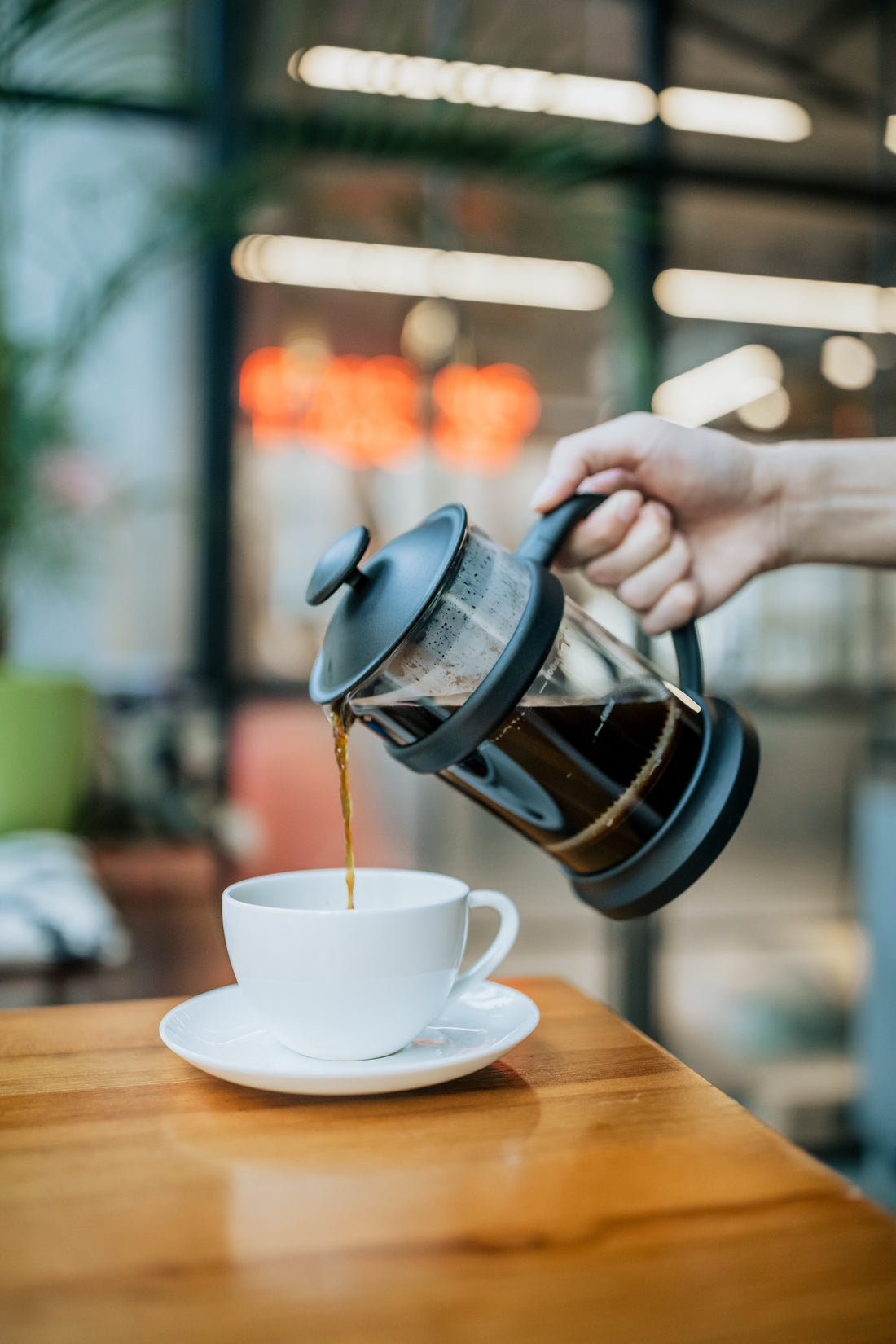
Coffee's Cultural Metamorphosis
Share
Coffee was once a simple beverage. It was consumed regularly with little thought to its origins or social implications. In the last two decades, coffee has undergone a remarkable cultural evolution. From the way it is prepared and consumed to the specialty coffee and all of its adjacent elements, the coffee landscape looks nearly unrecognizable to the conventional utilitarian coffee drinker. Let’s explore how coffee has transformed culturally over the last 20 or so years, shaping trends, rituals, and experiences around the world.
From Convenience to Craftsmanship: Twenty years ago, coffee was primarily seen as a convenient and accessible beverage. You would use a few scoops of pre-ground coffee from a metal tin to make coffee at home or enjoy endless refills at your local diner for just a buck.Since then, a cultural shift has occurred where consumers began to appreciate coffee as a sensory experience, an art form or a lifestyle. We’ve seen the emergence of specialty coffee shops, the focus on high-quality beans, and the meticulous craftsmanship that occurs in every stage from seed to cup. Coffee drinkers have witnessed the transition from mass-produced, standardized blends to single-origin beans and handcrafted brewing methods.

Celebrating Terroir and Expertise: The last two decades witnessed the advent of the Third Wave Coffee movement, which celebrates coffee as an artisanal product. There has been a cultural shift towards traceability, sustainability, and transparency in the coffee industry. Specialty coffee is advertised not just with a clever name or cute branding, but in a way that highlights the specific farm, growing region, and varietal. There is a much greater focus on the varying complexities of coffee and specialty roasters and cafes pay homage to the producers who are responsible for so much of a coffee’s greatness.
Creating Social Spaces: Coffee shops have evolved from mere caffeine dispensaries to social hubs. Local coffee shops, like ours in beautiful downtown Bay City, act as anchors of a community. Many local shops host events like yoga classes or pop up markets. Coffee shops bear witness to the birth of countless great ideas and conversations. They also act as an extension of the specialty coffee ethos, as a way to educate customers on coffee through cupping classes or brewing workshops. A coffee shop also serves as a physical embodiment of a brand. How does the decor, music, and quality of service from the barista make you feel? These considerations were not given much thought prior to recent history.

The Intersection of Coffee and Innovation: Technology has played a substantial role in reshaping the coffee landscape. Technology has allowed producers to enhance their craft at origin as equally as it has enabled baristas and home brewers to fine tune their brews. Coffee brewers and espresso machines and significantly more advanced. Plus there are countless gadgets that help baristas control the extraction of a cup of coffee like digital scales and puck prep tools. Coffee enthusiasts are leveraging technology to experiment with new brewing methods, perfect their home barista skills, and connect with the wider coffee community through digital platforms.
Digital Branding: Specialty coffee is not immune to the whims of digital trends. Coffee companies use social media as a common platform for marketing their brand and products. There are also countless coffee influencers who test and review products or offer advice for baristas. There are many digital marketplaces for coffee as well, where companies use technology to recommend different coffee to users based on their preferences.

Coffee Breaking Barriers: The coffee industry has made strides in promoting inclusivity and diversification. There has been a massive effort to empower marginalized coffee producers, support gender equality, and highlight the stories of coffee farmers and workers. Most specialty coffee companies have initiatives aimed at creating a more equitable and sustainable coffee supply chain, recognizing the cultural contributions of different regions, and celebrating the diversity within the coffee community. At Populace, we have always used the company to act as advocates for sustainability and to elevate and invest in our employees and to support small businesses who share our mission.
Coffee's cultural evolution over the past two decades has been remarkable. From a mere daily beverage to a cherished sensory experience, coffee has become a symbol of craftsmanship, community, and cultural diversity. As coffee shops continue to innovate, the growing appreciation for specialty coffee and its journey from farm to cup reflects a deeper connection between consumers, baristas, and coffee producers worldwide. As we look to the future, it is fascinating to envision the continued evolution of coffee culture, driven by passion, creativity, and a desire to savor the remarkable complexities that a simple cup of coffee can offer.
